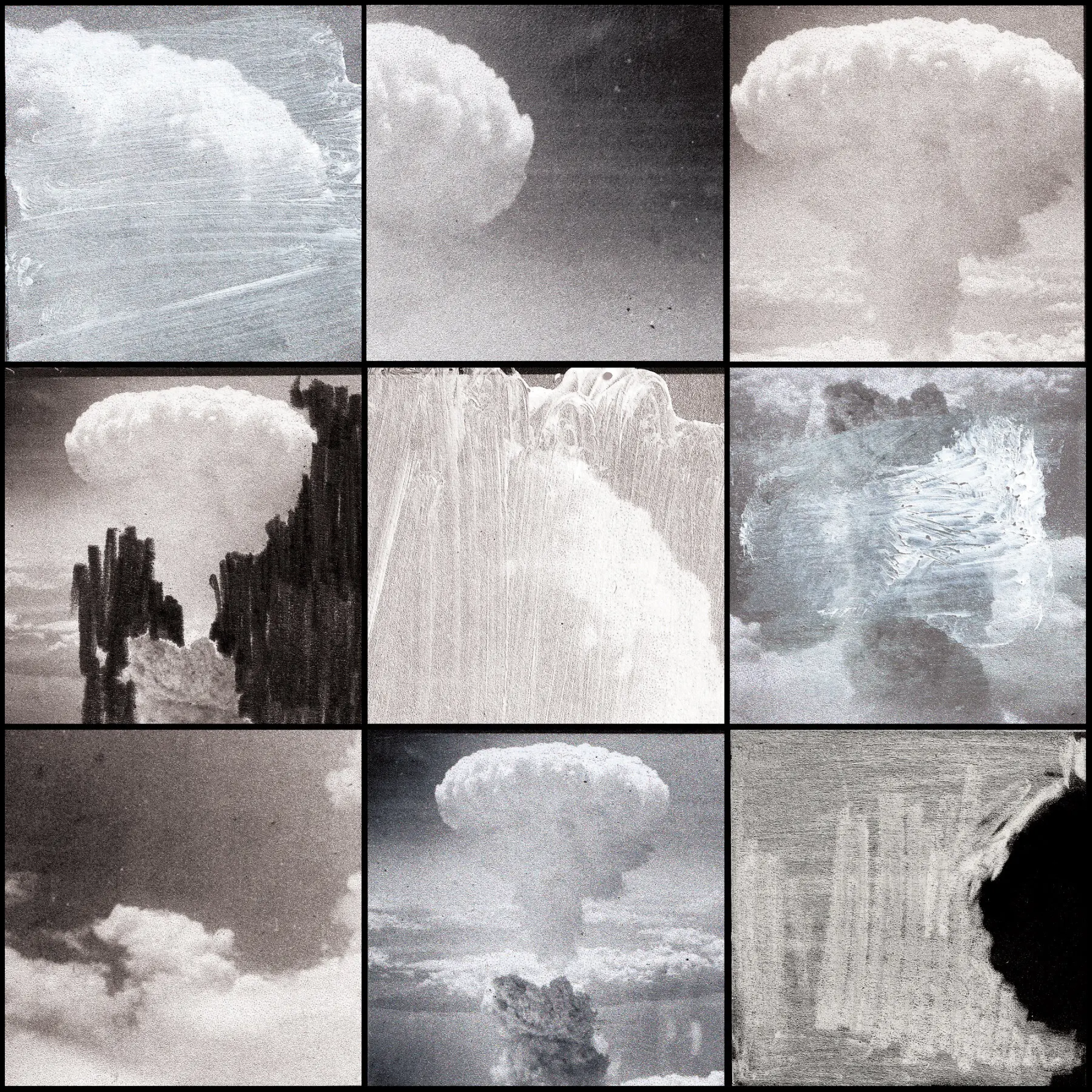
Vanessa Saba; source photograph by Bildagentur-online/Getty Images
IN PARTNERSHIP WITH

The New York Times is dedicated to helping people understand the world through on-the-ground, expert and deeply reported independent journalism.


The New York Times is dedicated to helping people understand the world through on-the-ground, expert and deeply reported independent journalism.